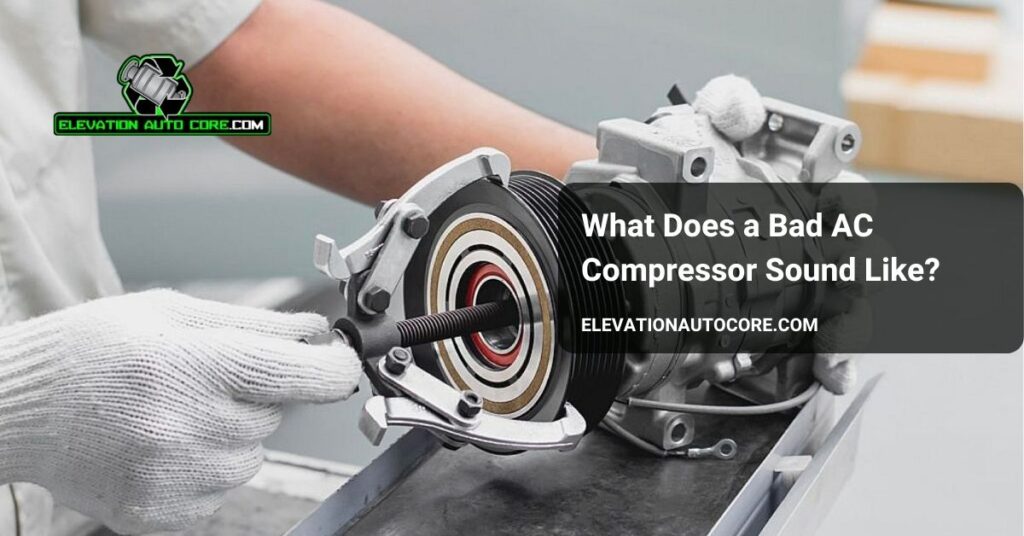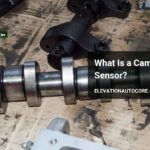What does a bad AC compressor sound like? If your air conditioner starts making strange noises, it might be more than just an annoyance—it could signal trouble with the compressor. Identifying these sounds early can save you costly repairs and keep your home cool and comfortable. Keep reading to learn what to listen for and why it matters.
Signs Of A Bad AC Compressor
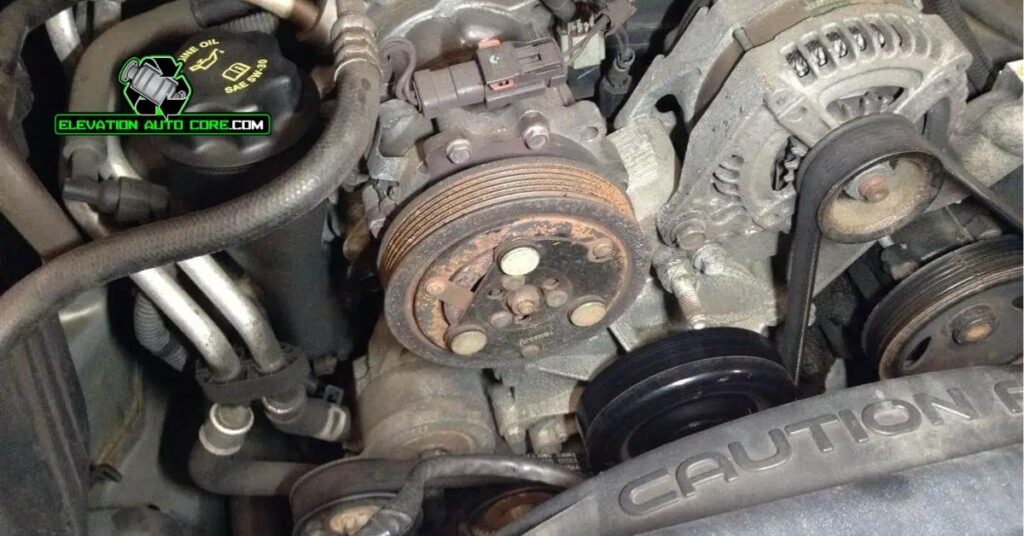
Strange noises often signal compressor problems. Addressing these signs early protects your AC’s efficiency and prevents costly breakdowns.
Common Symptoms Of Compressor Issues
Unusual sounds can include rattling, hissing, or banging. Rattling noises may point to loose internal components, while hissing often means refrigerant leaks. Grinding sounds suggest motor or bearing issues.
Inconsistent cooling is another red flag. Rooms might feel too warm even when the thermostat is set correctly. This could indicate low refrigerant levels or a failing compressor.
Increased energy bills typically follow compressor troubles. A struggling unit consumes more energy to maintain function.
Frequent cycling, where the unit turns on and off too often, hints at compressor strain. Electrical issues or overheating might cause this behavior.
Visible damage to the compressor, such as burnt wires or fluid leaks, confirms malfunctioning components.
Importance Of Addressing AC Compressor Problems
Ignoring early signs risks expensive repairs. A faulty compressor strains other parts, leading to system-wide failures.
Repairs delay avoids sudden breakdowns during peak usage. Routine maintenance and timely repairs preserve energy efficiency, lowering utility costs.
Effective handling ensures a longer lifespan for your AC system.
Types Of Noises Indicating A Bad AC Compressor
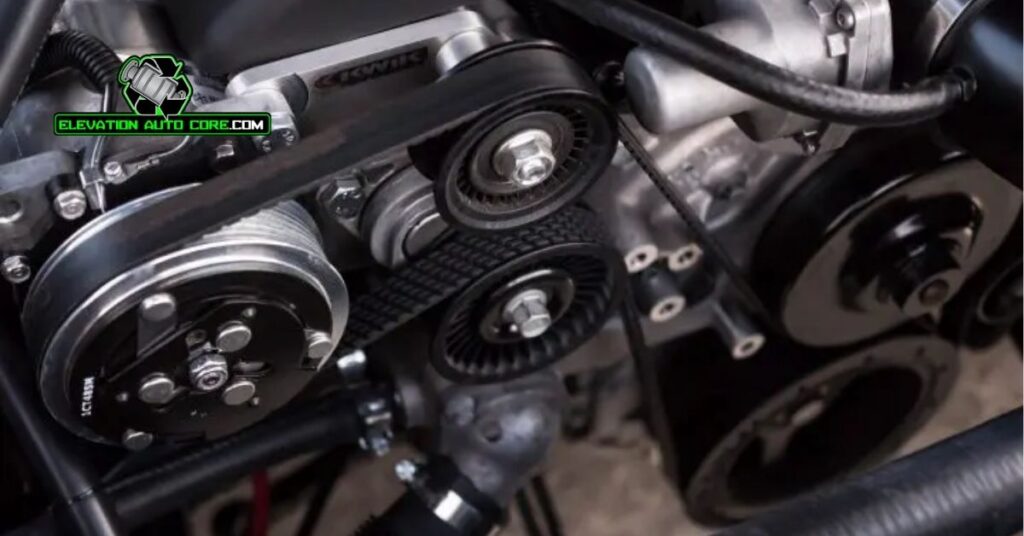
Strange noises from your AC often point to compressor issues. Identifying these sounds can help you pinpoint problems before they worsen.
Clanking Sounds
Loud clanking typically signals loose or misaligned components. Moving parts, such as fan blades or motor mounts, may have shifted and are striking other parts. If the compressor itself becomes loose within the unit, you’ll hear similar noises. These issues need immediate attention to avoid further damage.
Hissing Or Whistling
A persistent hissing can mean refrigerant is leaking. This noise often comes from cracks or holes in the refrigerant lines or internal valve issues within the compressor. Whistling indicates high pressure in the system, which could stem from a blocked flow of refrigerant. Prompt action can prevent performance loss and safety hazards.
Grinding Or Rattling Noises
Grinding noises occur when internal motor bearings wear down. This friction intensifies over time, leading to system failure. Rattling suggests loose hardware, debris stuck in the unit, or deteriorating compressor parts. Ignoring these sounds can escalate repairs and lead to motor damage.
High Pitched Squealing
Shrill squealing indicates mechanical strain. Defective fan belts or excessive pressure within the compressor often cause this noise. These high-pitched sounds warn of severe problems, including blocked airflow or compressor overloading. Immediate diagnosis can keep your unit running efficiently.
Causes Of Strange AC Compressor Noises
Unusual sounds from your AC compressor often signal underlying issues affecting its performance. Understanding these causes helps address them before they escalate into costly damages.
Wear And Tear Over Time
Prolonged usage naturally leads to wear on internal components. Bearings in the motor may degrade, resulting in grinding or rattling sounds. Dust and debris buildup can worsen the strain on moving parts, increasing noise levels.
Loose screws or bolts develop as mechanical vibrations persist. When left unchecked, they create clanking or banging noises from the compressor housing. Routine maintenance minimizes this wear.
Low Refrigerant Levels
Insufficient refrigerant creates hissing or bubbling noises. These sounds occur due to leaks in the refrigerant lines, where gaseous and liquid states mix.
Pressure imbalances caused by low refrigerant can also stress the compressor, producing whistling or hissing sounds. Prompt detection and sealing of refrigerant leaks restore normal function and reduce noise.
Damaged Internal Components
Internal damage within the compressor disrupts its operation. Worn-out pistons, rods, or motor bearings often emit grinding or shrieking sounds under stress.
Cracked or broken components increase vibration, which contributes to louder banging noises. Immediate repairs prevent further harm to your AC system and reduce these disruptive sounds.
How To Diagnose A Faulty AC Compressor
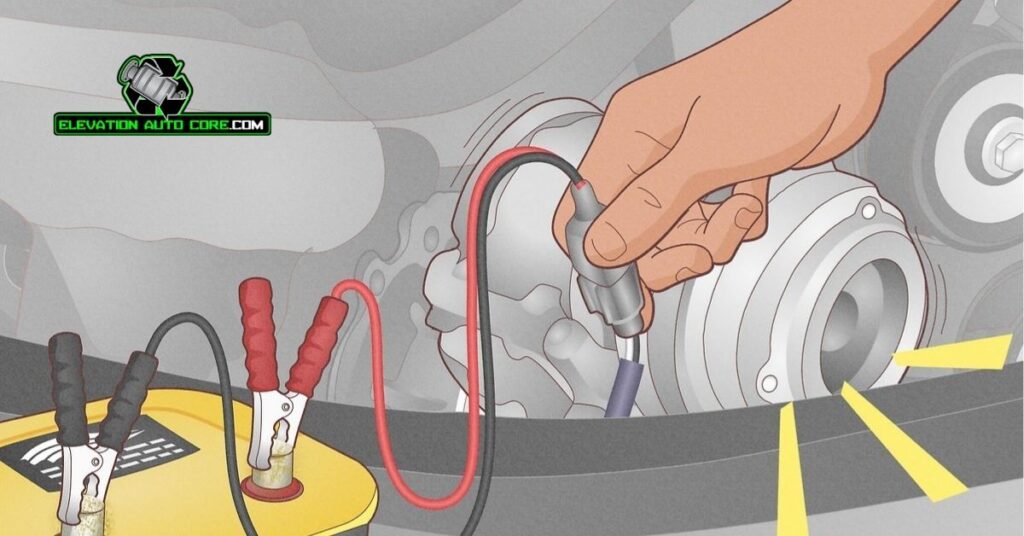
Identifying a faulty AC compressor involves observing exact signs and using targeted methods. Early detection minimizes repair costs and maintains system efficiency.
Visual Inspection
Inspecting the AC unit’s exterior helps identify physical damage. Check for oil stains around connections, which indicate refrigerant leaks. Look at the compressor and surrounding components for cracks, dents, or corrosion. Examine visible wiring and connections, ensuring nothing appears frayed or disconnected. Verify that the fan blades spin freely without obstruction.
Listening For Unusual Sounds
Pay close attention to any abnormal noises during operation. Notice clanking or banging, which might signify loose or misaligned parts. Detect hissing sounds, often linked to refrigerant leaks or pressure issues. Observe grinding or rattling noises that could result from worn bearings or hardware. Identify high-pitched squealing, a sign of mechanical strain or failing fan belts.
Professional Diagnosis Tools
Using advanced tools confirms any issues suspected during inspection. A pressure gauge measures refrigerant levels to pinpoint leaks or system imbalances. A multimeter checks for electrical continuity and analyzes the compressor’s motor and capacitor performance. Infrared thermometers assess temperature discrepancies that may indicate overheating or excessive pressure. Licensed technicians applying these tools ensure accurate diagnostics and effective repairs.
Preventing AC Compressor Failures
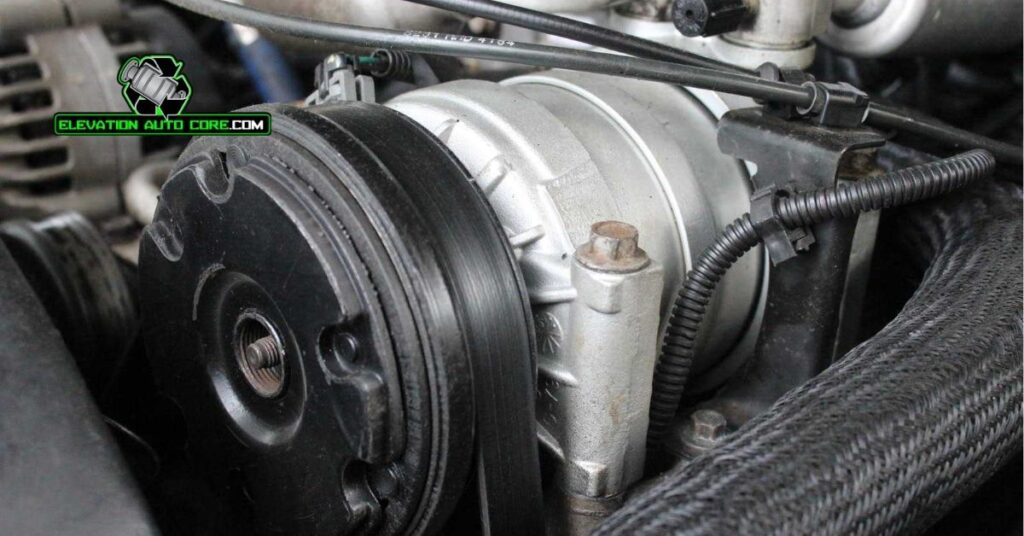
Taking preventive steps keeps your AC compressor functioning efficiently and reduces the likelihood of expensive breakdowns. Focus on consistent care and early intervention to ensure durability and optimize performance.
Regular Maintenance Tips
Schedule annual inspections to catch hidden issues before they worsen. Routine maintenance like cleaning condenser coils and removing debris improves airflow and minimizes strain on the compressor. Replace air filters every 1-3 months, depending on usage, to avoid airflow blockages that overwork the system. Check refrigerant levels regularly since low levels can cause hissing noises and operational inefficiencies. Monitor electrical connections and tighten any loose components to eliminate clanking sounds caused by vibrations. These tasks ensure steady performance and reduce the chance of abnormal compressor noises.
Addressing Small Issues Early
Repairing minor problems as they arise prevents large-scale damage to the AC compressor. Fix refrigerant leaks promptly to avoid low-pressure conditions that generate hissing or bubbling noises. Resolve loose motor bearings immediately if you hear grinding, as ignoring them may lead to internal damage. Replace worn fan belts at the first squealing sound to prevent unnecessary stress on the motor. Address misaligned or detached parts to eliminate clanking noises and maintain balanced operation. Early action keeps costs low and ensures the overall longevity of your cooling system.
Conclusion
Understanding the sounds your AC compressor makes is crucial for maintaining its efficiency and avoiding costly repairs. By staying alert to unusual noises and addressing them promptly, you can ensure your cooling system operates smoothly and keeps your home comfortable. Regular maintenance and quick action when issues arise will extend your AC’s lifespan and save you from unexpected breakdowns. Prioritize your system’s care, and it’ll reward you with reliable performance for years to come.

